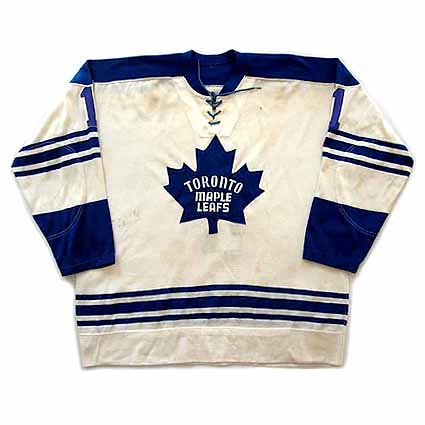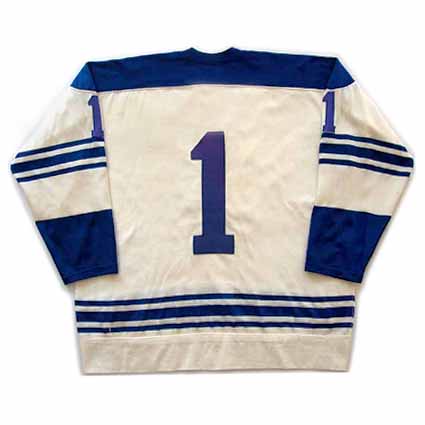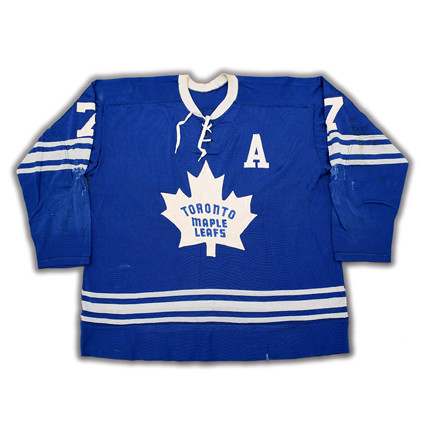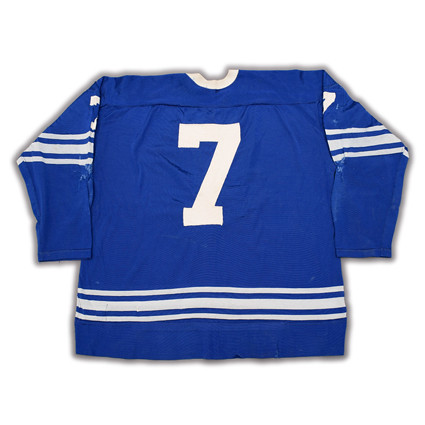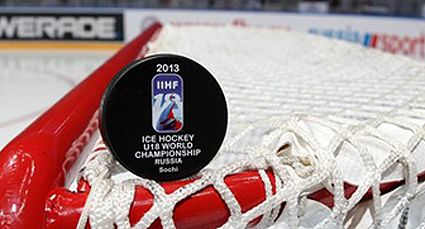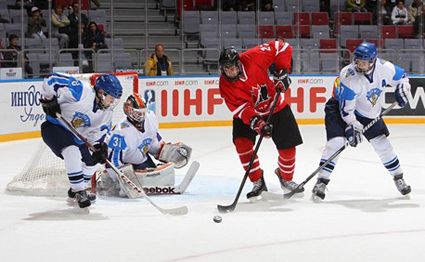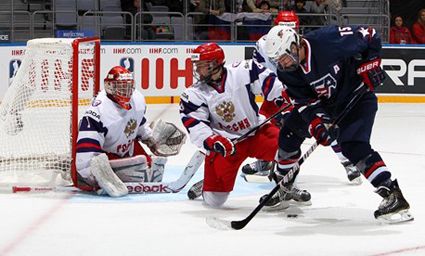The opening games of the tournament feature France vs. Slovakia in Helsinki while the Czech Republic takes on Belarus in Stockholm.
This is the second year for the new format for the tournament, which features two larger groups of eight teams each, rather than the previous four groups of four teams. We actually preferred the previous format, as any upsets carried much more weight and allowed the lower ranked teams a greater opportunity to advance, as the Preliminary Round group schedule only consisted of three games, so a single win was usually enough to allow a team to advance to the Qualifying Round.
The current format sees eight teams playing a seven game round-robin schedule, so a single upset win is going to fade greatly in importance as six more games will remain on the schedule. While this format will ensure that the cream will rise to the top over the more than double the previous number of games, who doesn't love a good underdog story? To illustrate, in the two Preliminary Round groups last year, a minimum of four wins was needed to advance to the Playoff Round, really putting an emphasis on consistency.
This year's groups are Group H (for Helsinki), which has Russia, Finland, Slovakia, the United States, Germany, Latvia, France and Austria, while Group S (for Stockholm) consists of the Czech Republic, Sweden, Canada, Norway, Switzerland, Denmark, Belarus and Slovenia, with the top four in each group advancing to the Quarterfinals, which will be played within the group to save on travel costs, with 1 playing 4 and 2 playing 3 in a single elimination format. The winners will then all travel to Stockholm with the two Group S winners facing the two Group H survivors in the semifinals. The losers will then meet for the bronze medal with the winners facing off in the gold medal final.
The Relegation Round of the past has been done away with, as the two bottom teams in each group are simply relegated to Division I Group A for 2014, (although Belarus in Group S is exempt from relegation in 2013 thanks to their position as host of the 2014 World Championships) unlike in the past where the bottom team in each of the four groups were combined in a new group for the Relegation Round, where they would play a round-robin schedule of three games for their ultimate survival.
The old relegation format would often provide some dramatic struggles and a chance for the bottom feeders to actually win some games on the ice among more equal competition. While many did not pay attention to the Relegation Round, international hockey aficionados always appreciated the on ice battles with true pride on the line, something we are saddened to see fall by the wayside.
Last year's tournament was won by Russia, who have now won three of the past five gold medals following a drought which dated from 1994 through 2007. Slovakia was a surprise silver medalist last season, as they had finished no better than 10th for the previous four years! The Czech Republic won the bronze for the second consecutive year following a gold in 2010.
Russia will be tough to beat, as they will bring a roster that features Ilya Kovalchuk and Alexander Radulov at forward with NHLers Semyon Varlamov and Ilya Bryzgalov in goal. Canada brings a roster full of NHL talent, including Taylor Hall, Matt Duchene, Jordan Staal, Eric Staal, Claude Giroux, Jeff Skinner and the high scoring Steven Stamkos.
In Group H, look for Finland, Russia, the United States and Slovakia to advance, with Germany looking to capitalize if any of those four falter. Group S, Canada, the Czech Republic and Sweden all look to be locks to advance, with last year's surprising Norway looking to hold off Switzerland for the final playoff spot. The bad news for Sweden is that no host team has won the tournament for the past 26 years, dating back to the Soviet Union in 1986! Likely relegation candidates look to be Austria or France in Group H and Slovenia in Group S.
In the US, the NBC Sports Network will broadcast all the Preliminary Round games of the United States and all of the playoff games through the end of the tournament for a total of 15 games beginning with the United States first game against Austria at 5:15 AM eastern on Saturday morning. Perhaps they will have some additional non-US games streamed live on NBC Sports Live Extra, but we have no way to confirm that and will certain tweet any information on our twitter feed if we find any additional information.
In Canada, TSN will show every Canadian and USA game as well as all the playoff games, 22 games in all. The first contest for Team Canada will be against Denmark at 10:15 AM EST on Saturday.
For highlights of each game, be sure to check out the YouTube Channel of the IIHF.
Additionally, fans can follow this tournament and more with the IIHF apps for both Apple and Android phones by following these links. Apple Android
Today's featured jersey is a 2012 Russia National Team Evgeni Malkin jersey. Malkin led the Russians to the gold medal by leading all scorers in goals with 11 and points with 19 in just 10 games played. Malkin earned Best Forward, Media All-Star Team and Most Valuable Player awards for his efforts.
Russia has been wearing this style jersey since the 2010 Olympics in Vancouver. Sharp-eyed readers will notice the subtle sublimated eagle designs printed on the arms below the stripes and perhaps even along the waist line. One feature of jerseys worn during the World Championships which set them instantly apart from those worn during the Olympics or World Juniors is the rectangular sponsorship patches worn on the upper arms.
